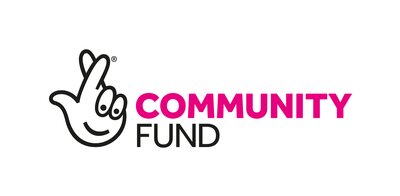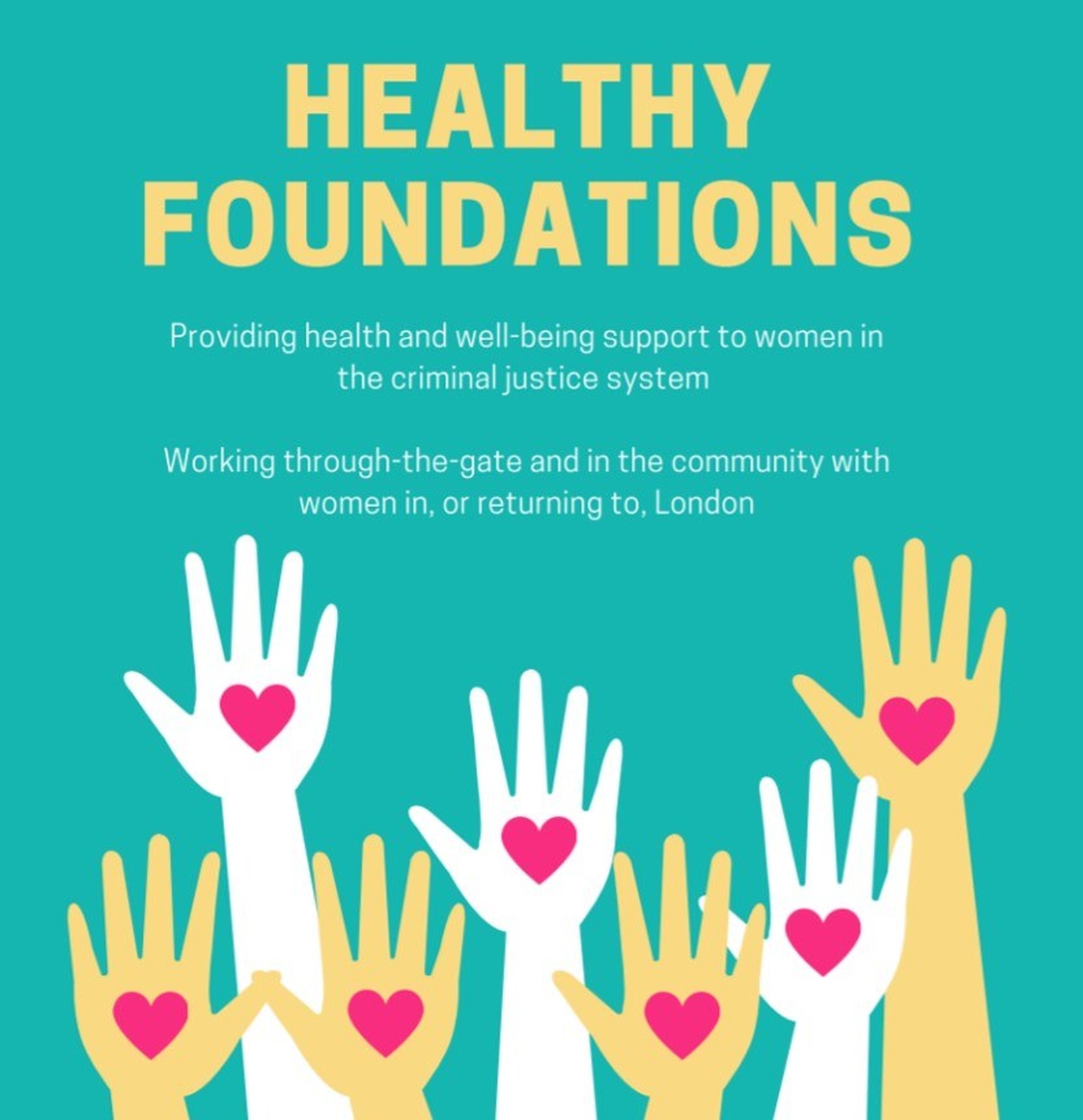
Our Support Services
We provide holistic, gender-specialist and trauma-informed support for women in prison and into the community. Our door is never closed and we value the importance of building self-esteem, confidence and creating space for peer support.
For those in prison through into the community...
Housing support
Housing support at Women in Prison provides one-to-one help for women with a range of housing needs. Whether facing homelessness, struggling to keep a tenancy, or looking for specialist supported accommodation, we work alongside women to find the right solutions.
Our teams in London, Manchester and Surrey help women navigate housing applications, engage with landlords, apply for benefits, and tackle debt that might put their housing at risk. Many of the women we support face multiple challenges including domestic abuse, parenting, mental health issues, substance misuse, or immigration concerns. We provide tailored support that takes these factors into account, ensuring that women receive the right help for their circumstances.
London: Our dedicated team of two housing advocates work both in prison and in the community. At HMP Bronzefield, our Prison-based Housing Advocate supports women on remand and those preparing for release, ensuring they have a housing plan in place before they leave prison. In the community, our Housing Advocate works with women as they transition from prison, as well as those serving community sentences, helping them secure and maintain housing. Our team also runs drop-in housing advice sessions at women’s centres and hubs.
Manchester: In our Women MATTA centre, our team provides housing-related support as part of wider probation and resettlement services. In Manchester, we have seen a growing need for housing support, particularly in North Manchester, and have expanded our local hub provision to help meet this demand.
Surrey: We support women on probation with housing issues, both those leaving prison and those on community orders.
Our work goes beyond direct support. We also campaign for changes to better meet the needs of women in contact with the criminal justice system. Too many women are criminalised as a result of systemic failures, including the lack of safe housing for survivors of domestic abuse. Women on remand or serving short sentences often lose their tenancies while in prison, leaving them homeless on release.
We advocate for policies that prevent housing insecurity from keeping women trapped in the criminal justice system. This includes ensuring that no woman is denied release or separated from her children due to a lack of suitable accommodation.
- 71% of the women we supported disclosed housing as a need in 2024/25.
- 417 women accessed our housing support in 2024/25
- 105 women had support to access secure accommodation in 2023/24
Our experience shows that securing safe and stable accommodation is a vital step in preventing reoffending and supporting women to rebuild their lives. With the right housing and support in place, women can move forward with confidence, reconnect with their families, and create a future free from the criminal justice system.
Healthy Foundations

For more information and referrals:
referrals@wipuk.org
or
london.referrals@wip.cjsm.net
020 7359 6674
Freephone for clients: 0800 953 0125
Funded by the National Lottery Community Fund, Healthy Foundations is a three-year project open to women affected by the criminal justice system around their health. Through the delivery of practical services, we aim to affect longer-term systems change for women experiencing multiple needs in relation to health and well-being.
Healthy Foundations provides health-related Through-the-Gate and
community support to women in, or returning to, London. The project also
runs workshops across London and provides information on topics
relating to health and wellbeing.
Here are some examples of how the programme can help:
- Provide a link between prison and the community
- Help women set up and attend health-related appointments and access health-related services
- Act as a bridge between women and health-related services and advocate for women
- Provide information and workshops
- Offer Through-the Gate support to women with health support needs on the day of their release from prison
- Help women approach healthcare and wellbeing in a holistic way and understand the link between mental health and physical health, nutrition, substance misuse, stress, anxiety and other related factors

Read the evaluation for Health Matters, our three-year project which proceeded Healthy Foundations.
Mental Health Advocacy in HMP Bronzefield
Our Mental Health Through-the-Gate Service is funded by Central and North West London NHS Foundation Trust.
Our specialist staff work with women referred to them by the Mental Health In-Reach team in HMP Bronzefield, providing bespoke, intensive support which complements the Mental Health In-Reach team’s therapeutic services. Our staff will work with a woman prior to release, Through-the-Gate and then will provide up to three months of support in the community.
Time is taken by staff to develop comprehensive support packages, use their expertise in mental health to build successful networks in the community – for example, co-ordinating and liaising with the Community Mental Health Team (CMHT), help women to find accommodation, sort out benefit applications, and register with a GP.
Tara's Story...
Tara was convicted for assault carried out in the context of domestic abuse and was sentenced to 6 months in prison. She has a diagnosis of Bipolar Disorder and issues with alcohol misuse.
Tara was referred to our specialist Mental Health Through-the-Gate Service 12 weeks prior to release. During these weeks prior to release we worked with Tara to make plans for her first few weeks and months in the community, including identifying past triggers around debt, money management and alcohol misuse. In addition we supported her in planning where she would access mental health services in her local area.
On the day she was released we met Tara at the gate and spent the day with her re-applying for benefits, making appointments with the GP and making contact with family members.
In the weeks that followed we visited Tara regularly, taking time to explore all the issues that were coming up for her. We supported Tara to access specialist support in relation to her outstanding debts by referring her to CAB and maintaining contact with her debt caseworker to ensure that Tara was comfortable with the process and understood what was required of her.
As well as offering practical support, we also spent time with Tara exploring her feelings of anxiety and distress at her experiences in prison and her fears for the future, in order that she could feel listened to and less isolated.
Since her release, Tara has consistently maintained contact by
telephone. We will continue to visit her for the next 4 months if she would welcome this dialogue. The support we have provided so far time has made her
release from prison a much less traumatic experience than she had felt
in the past.
I would have been lost without your support. I don’t think I would have coped and would most likely have started drinking again and done something silly.
— Tara, participant of our Mental Health Advocacy programmePolice-led diversion programmes
Triage
Located as part of WomenMATTA in ManchesterTriage covers Greater Manchester and has been delivered since 2014 in connection to women's centres in the Greater Manchester Women's Support Alliance (GMWSA).
At point of arrest, all women going through a custody suite in Greater Manchester are automatically referred to her local Women’s Centre, which is WomenMATTA for Manchester and Trafford
Referrals are either made by police, or ‘Liaison and Diversion’ staff who are employed by the NHS and based within all custody suites in Greater Manchester. Referrals can either be voluntary, or can form part of a Conditional Caution depending on circumstances.